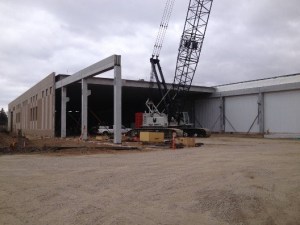

This course will feature:
By the end of this course, delegates will be able to know about:
Construction Engineers, Senior Construction Engineers, Construction Supervisors, Construction General Supervisors, Construction Project Managers, Engineering Technologists, Supervision Engineer, Inspection Engineers, Civil Inspectors, Foremen, Design Structural Engineers, Planners, Structural Engineers, Material Specialists, Quality Control and Quality Assurance Experts, Architects, Supervision Engineers, Team Leaders, Site Officers and Managers, Mechanical Engineers, Technical Professionals, Field Production Supervisor, Operation Engineers, Clients Representatives, Junior or Senior level Civil and Structure Engineers who need to have in-depth knowledge about the structural engineering activities and how to co-operate in the design phase.
CDGA attendance certificate will be issued to all attendees completing minimum of 80% of the total course duration.
| Code | Date | Venue | Fees | Register |
|---|---|---|---|---|
| CE122-02 | 03-05-2026 | Dubai | USD 5450 | |
| CE122-03 | 27-07-2026 | Kuala-Lumpur | USD 5950 | |
| CE122-04 | 15-11-2026 | Manama | USD 5450 |
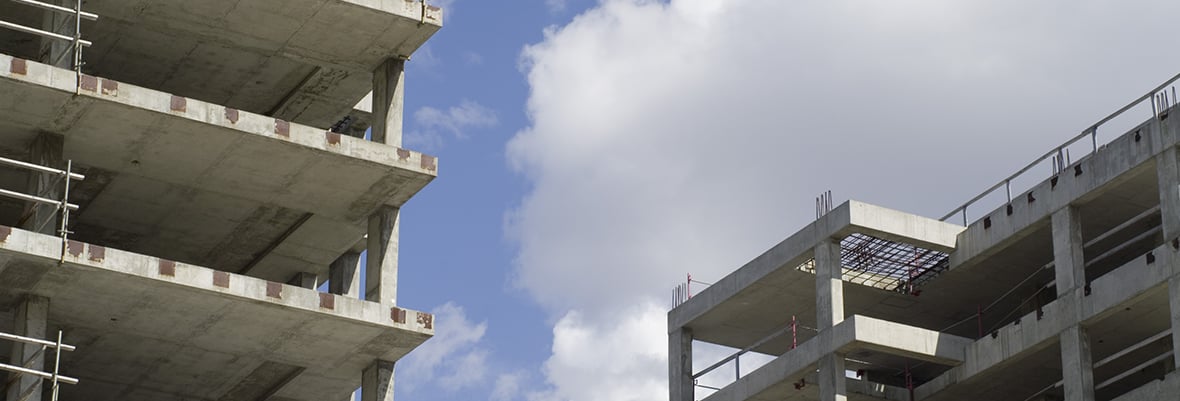
This course provides the basics structure analysis and design of reinforced concrete structures. Moreover the attendees will be aware of update technology for the modern technique in structure analysi ...
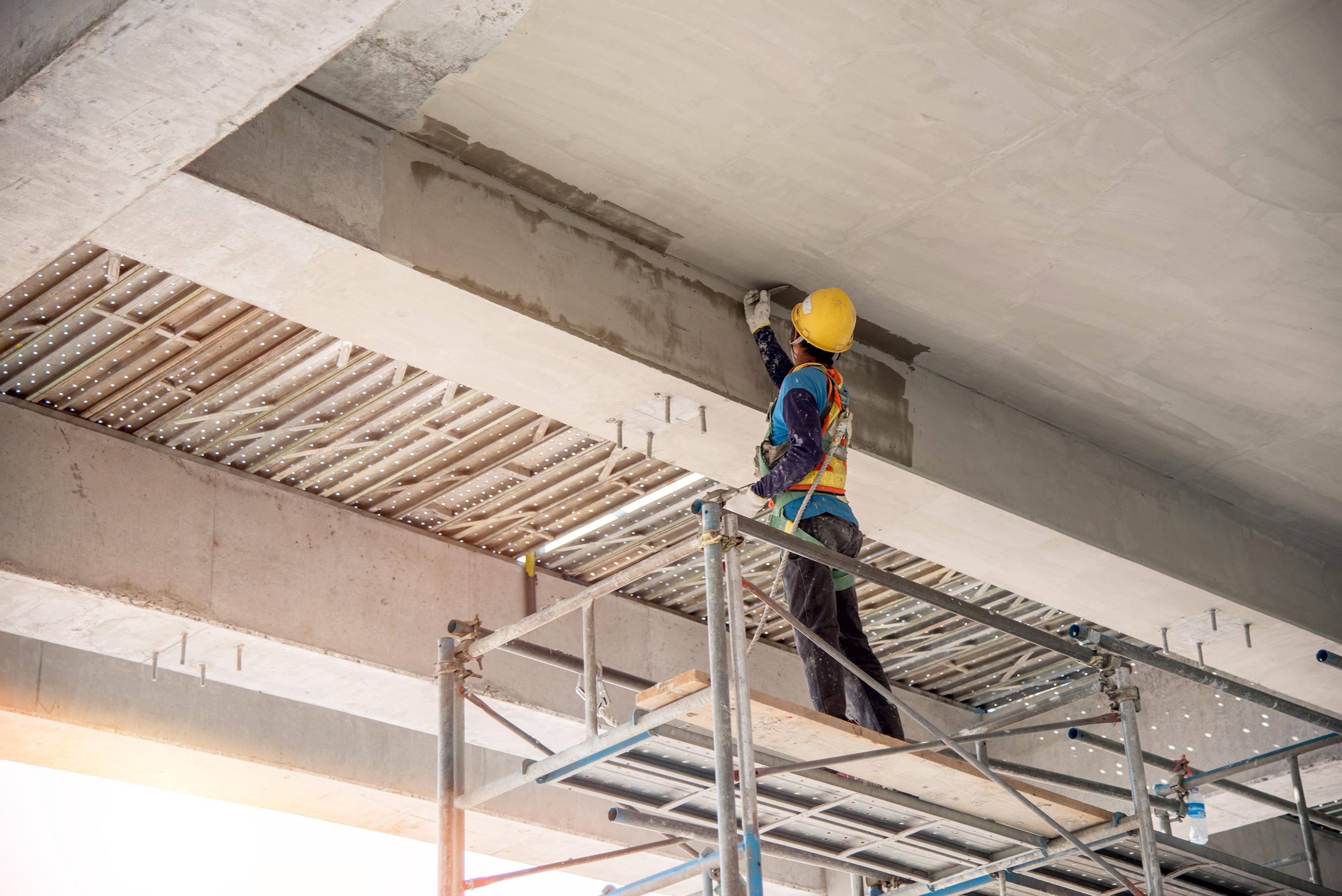
This course is intended for civil, construction engineers and inspectors who are interested in the area of inspection, assessment and repair of concrete structures. This course enables delegates alrea ...
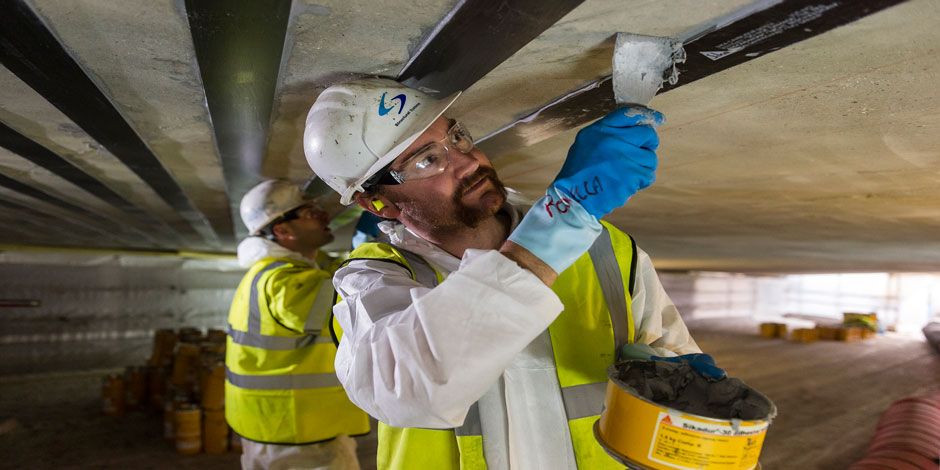
Concrete is used throughout the world for a wide range of applications. In order to improve the properties of concrete, recent advances in material science introduce new materials or admixtures to be ...
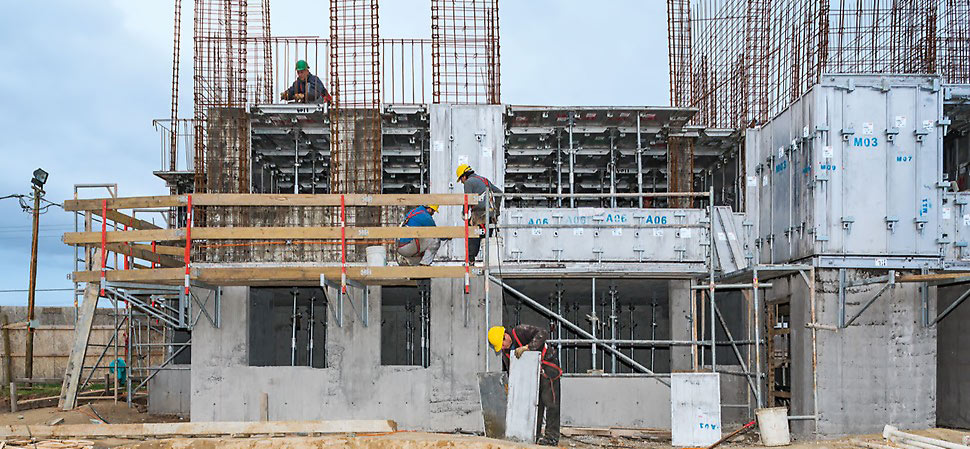
Concrete structures are widely used in industrial sector special in oil and gas field for onshore. Therefore, the basis of design for concrete structure for strength, serviceability and robustness wi ...
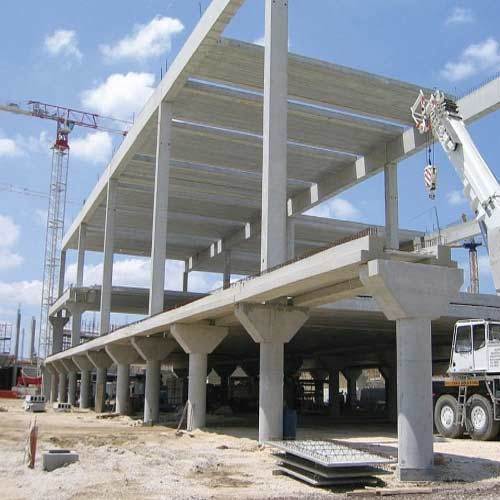
Reinforced concrete structures are widely used in industrial sector special in oil and gas field for onshore. Therefore, the basis of design for concrete structure for strength , serviceability and r ...
Providing services with a high quality that are satisfying the requirements
Appling the specifications and legalizations to ensure the quality of service.
Best utilization of resources for continually improving the business activities.
CDGA keen to selects highly technical instructors based on professional field experience
Since CDGA was established, it considered a training partner for world class oil & gas institution
3012, Block 3, 30 Euro Business Park, Little Island, Co. Cork, T45 V220, Ireland
Mon to Fri 09:00 AM to 06:00 PM
Contact Us anytime!
Request Info